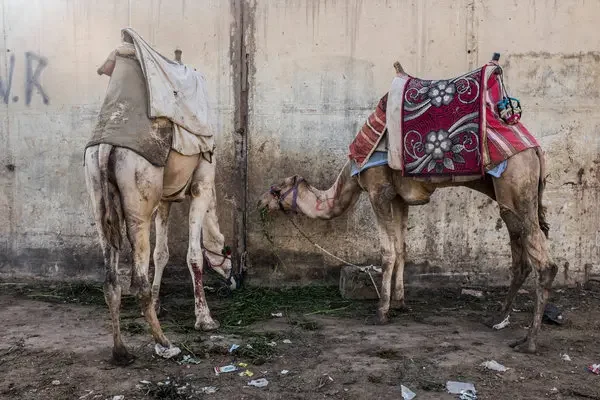
What Travelers Should Know: Spotting Exploitation and Choosing Alternatives in the Middle East
Travel often arrives as a promise: to witness history, to meet new people, to feel the scale of places that shaped human stories. Across the Middle East, that promise can be complicated by scenes many visitors find hard to reconcile with the wonder of monuments, deserts, and coasts. At archaeological sites, desert safaris, coastal resorts, and urban promenades, animals frequently appear as part of the visitor experience, with working equids carrying people up steep paths, camels posed for photographs, dolphins performing in tanks, and animals presented for staged photos. Investigations and reports from animal‑welfare organizations, including high‑profile exposés by groups such as PETA alongside local advocates and international media, have documented animals showing signs of exhaustion, untreated injuries, and chronic neglect: bodies and behavior reveal long hours, inadequate rest, and stress from repeated handling and confinement.
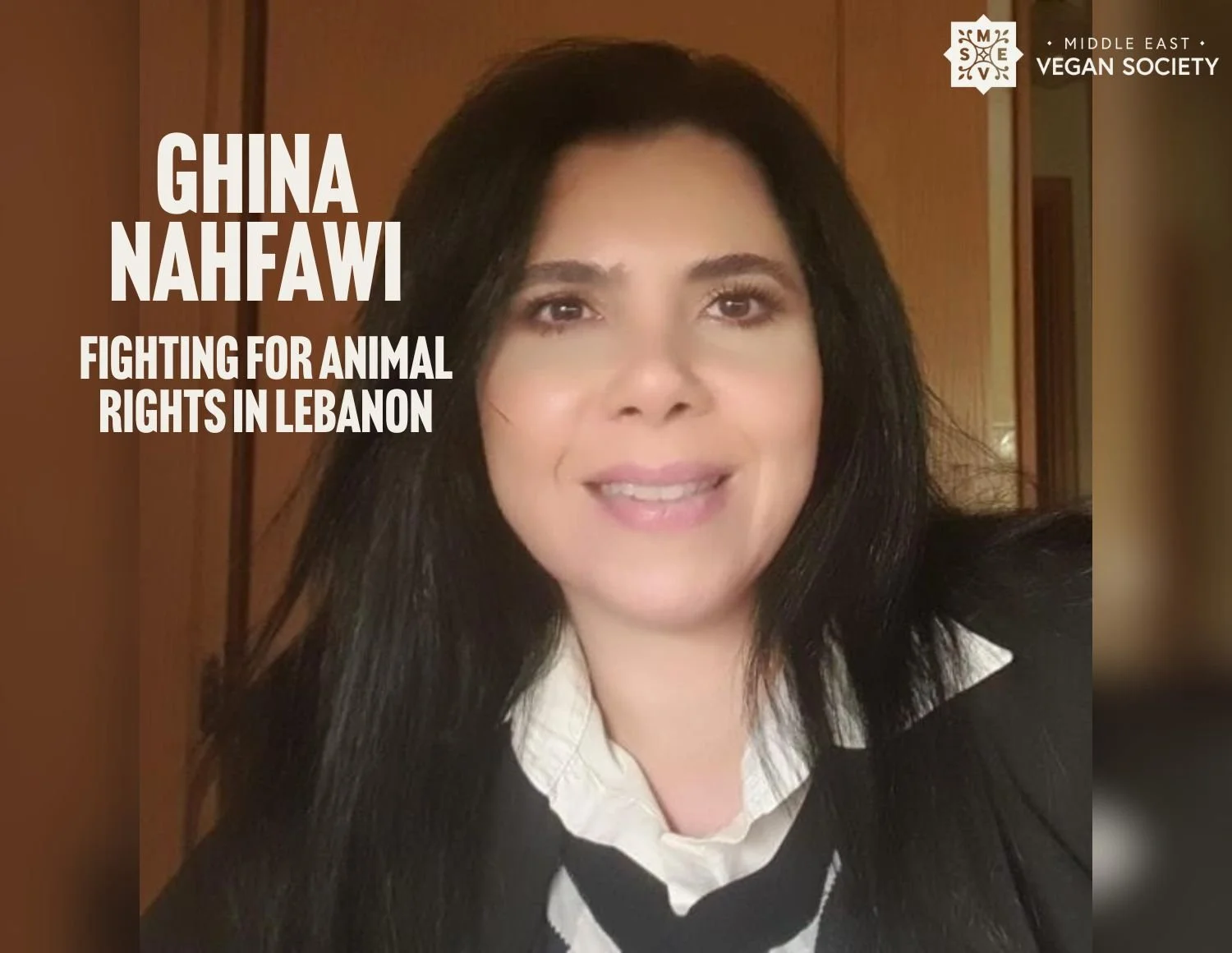
Law, Ethics, and Resilience: An Interview with Ghina Nahfawi on the Fight for Animal Rights
Ghina Nahfawi is one of Lebanon’s most outspoken voices for animal rights. Grounding her work in law, ethics, and public awareness, she has built a movement that challenges weak legislation, confronts cultural traditions, and exposes violations through media. Her activism insists on accountability and demands a more compassionate future for animals in Lebanon and across the region. Her work confronts weak legislation, misinterpretations of religion, and entrenched practices that perpetuate cruelty, while also offering practical solutions like TNVR and eco‑friendly tourism. In this interview with the Middle East Vegan Society, Ghina shares the experiences that shaped her path, the challenges she continues to face, and her vision for a Lebanon where animals are protected and valued as part of the community.
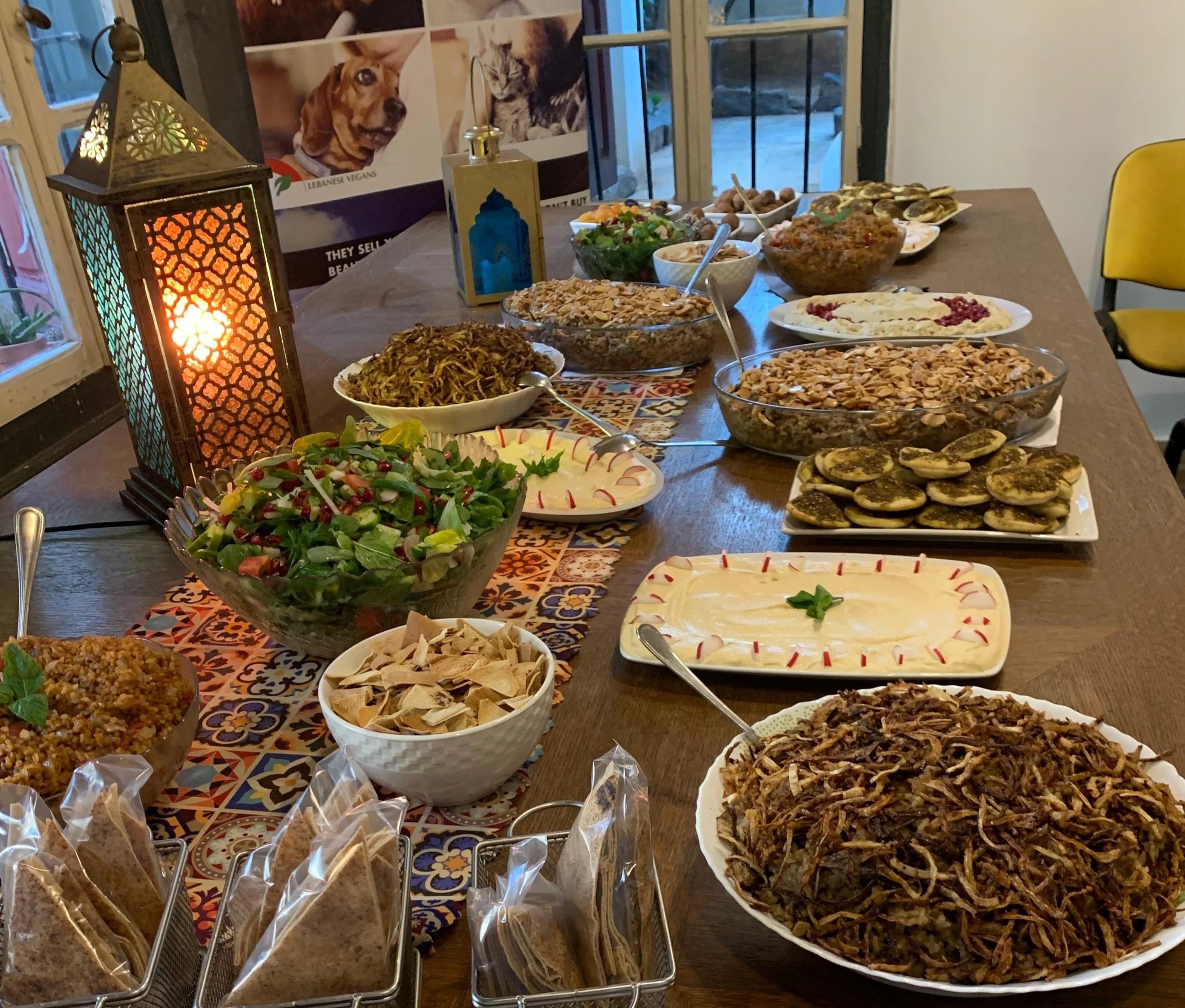
How to Survive Ramadan as a Vegan While Inspiring Others
Ramadan is a month of reflection, discipline, and community. For vegans, it is also a chance to live values of compassion and sustainability while participating fully in traditions. With thoughtful planning and social engagement, it is possible not only to thrive physically and spiritually but also to inspire others through the richness of plant-based living.

Vegan Snack Packs in the UAE: A Market Shift Toward Conscious Consumption
Based on a recent report by IndexBox on the UAE marketplace for vegan snack packs, the category is showing clear signs of growth and diversification. What was once a niche offering is now becoming a mainstream choice, with both international health food brands and local specialists competing for visibility and consumer loyalty.

Gulfood 2026: Global Food Innovation Showcases Plant-Based Momentum
Dubai, February 2026 — Gulfood 2026, the world’s largest annual food and beverage trade exhibition, opened at the Dubai World Trade Centre, bringing together thousands of exhibitors and visitors from across the globe. This year’s edition highlighted the latest trends in food innovation, with a strong focus on sustainability, alternative proteins, and plant-based products.

The UAE’s Alternative Protein Strategy: Building a Regional Hub for Sustainable Food Innovation
The United Arab Emirates is channeling significant resources into the alternative proteins sector, integrating large-scale infrastructure projects, regulatory innovation, and collaborations between public and private entities to establish itself as a central hub for advanced food production in the region. These initiatives are closely tied to the nation’s broader goals of economic diversification and strengthening food security.
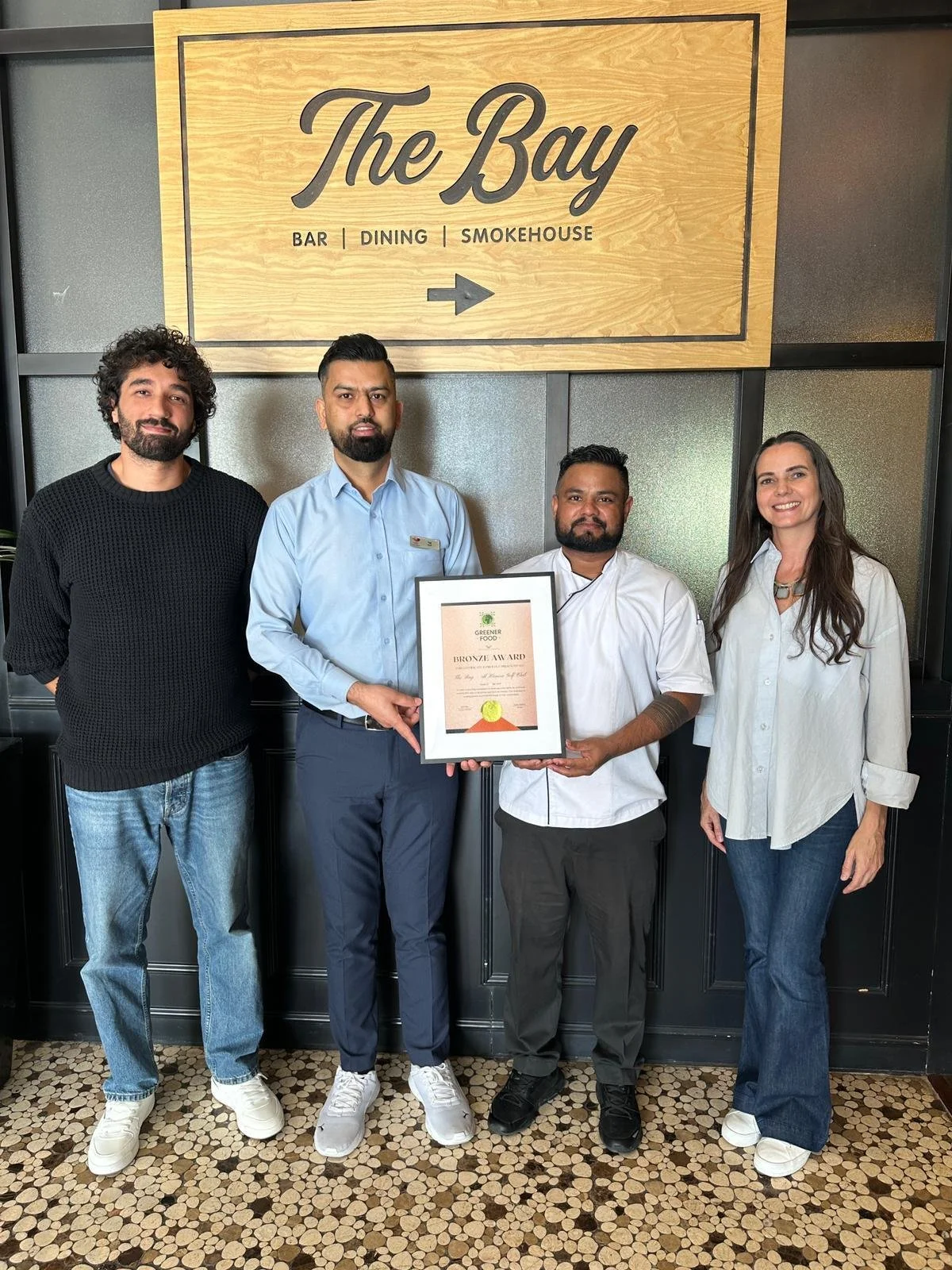
The Bay at Al Hamra Receives Greener Food Bronze Award
The Bay, located at Al Hamra in Ras Al Khaimah, UAE, has been recognized with the Greener Food Bronze Award Certification, celebrating its progress in embedding sustainability into daily operations and offering menus that prioritize plant‑based options. This achievement reflects a clear dedication to reducing environmental impact while ensuring that dining remains inviting, accessible, and delicious.

Emirates Expands Vegan Meals for Global Travelers in 2027
Starting in 2027, Emirates will roll out one of the most ambitious vegan dining programs in aviation, offering passengers a choice of 488 plant-based recipes across 140 destinations. This expansion builds on years of menu development and reflects the airline’s recognition of a growing demand for sustainable, conscious dining options.

Vegan Nail Care in the Middle East: Products You Can Actually Find
The beauty industry is embracing a plant‑powered future, and nail care is no exception. For salons and consumers in the Middle East, cruelty‑free and vegan nail products are no longer a distant trend. They are available right here, through regional distributors and online platforms.
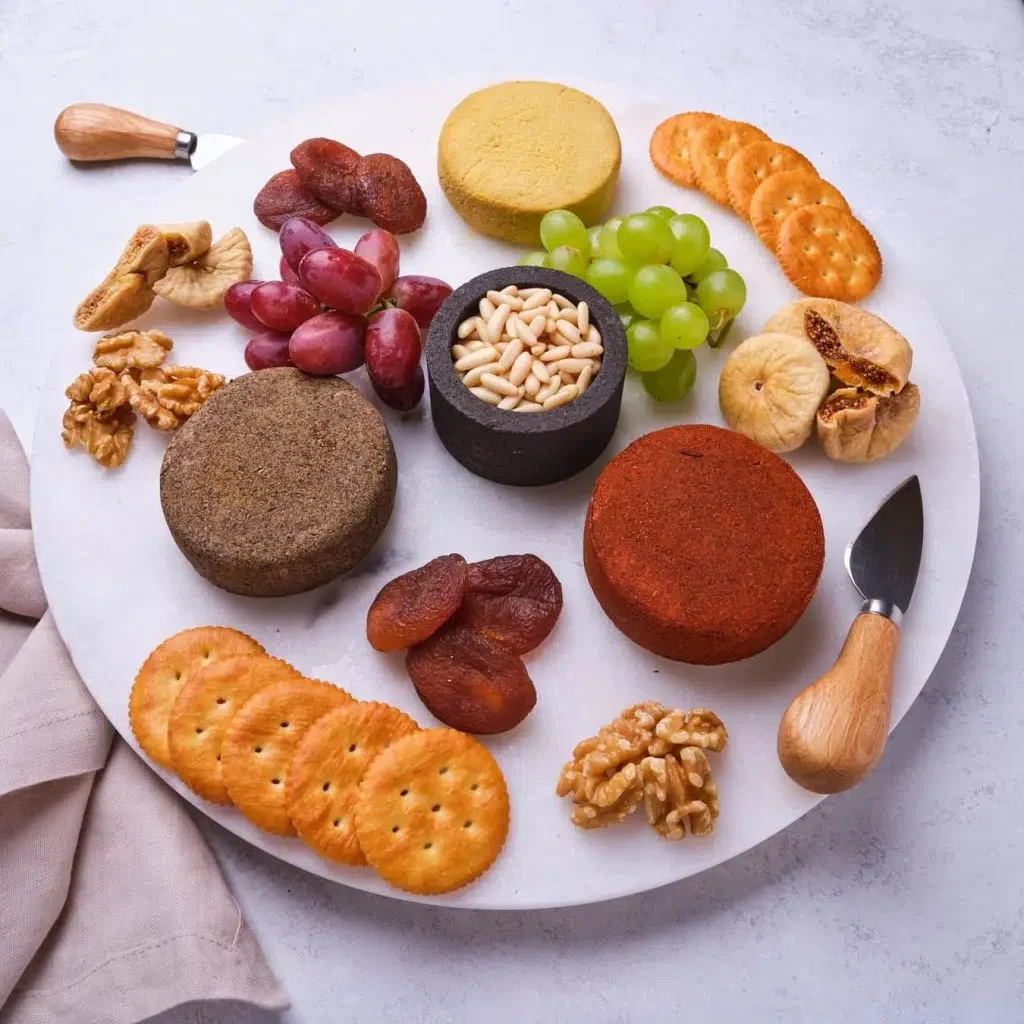
Nuttino: Cashews, Not Cow’s Milk, Redefining Cheese Across the Middle East
In the heart of the UAE, a quiet revolution is taking place. Nuttino, a homegrown brand, is rewriting the story of cheese by turning to cashews instead of cow’s milk. What began as a local experiment has become a regional beacon, proving that indulgence can be ethical, delicious, and sustainable. Unlike imported plant‑based products, Nuttino is proudly rooted in the Middle East, crafted for local tastes and already appearing on menus across Dubai and Abu Dhabi.
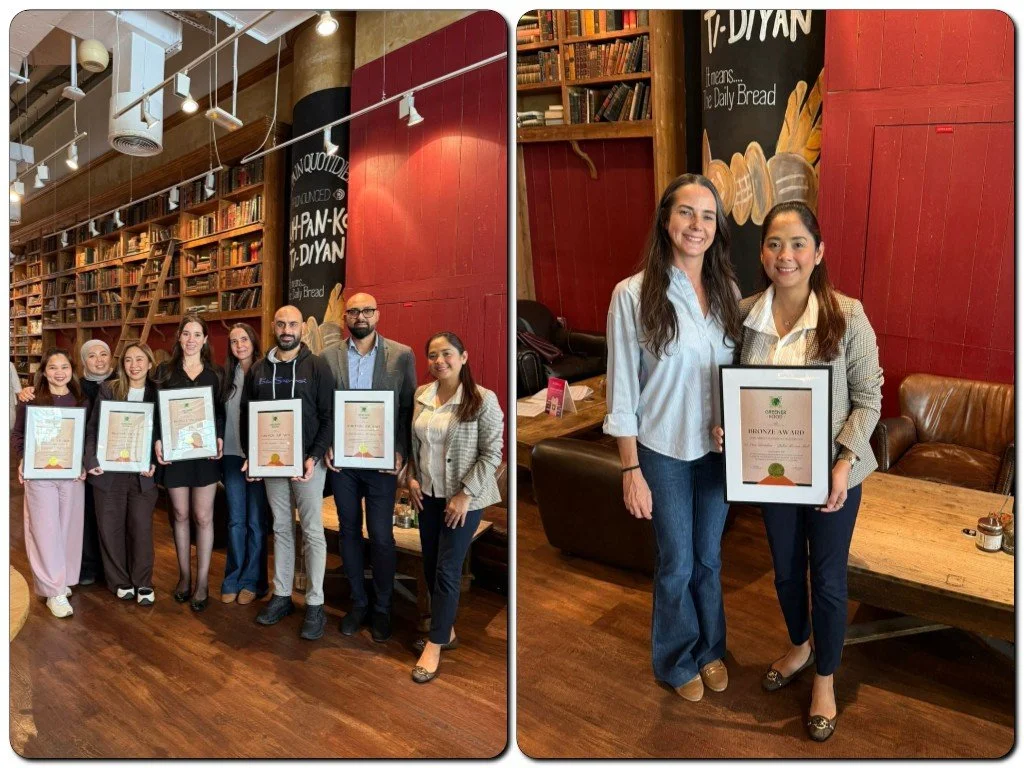
Le Pain Quotidien UAE Awarded Greener Food Bronze Recognition
Le Pain Quotidien (LPQ), operated in the UAE by Alshaya Group, has been awarded five Greener Food Bronze Certificates across all of its branches. This recognition celebrates restaurants that embed environmentally responsible practices into their daily operations while offering menus that support conscious, plant‑forward dining.
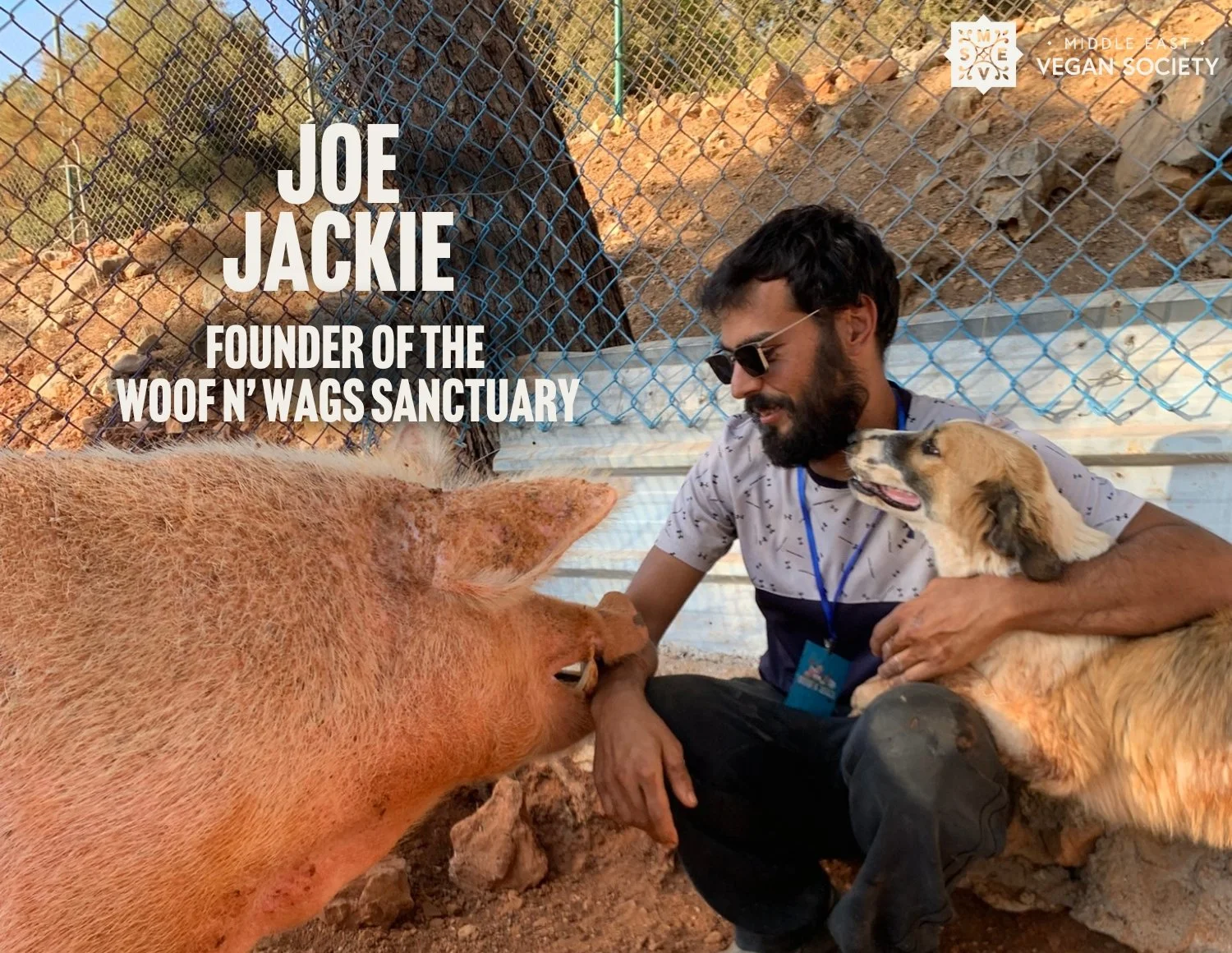
Interview with Joe Jackie, Founder of Woof N’ Wags Sanctuary
We recently had the chance to sit down with Joe Jackie, the founder of Woof N’ Wags in Jezzine, Lebanon. Alongside his wife Ghada, the shelter has become a sanctuary for more than 300 dogs and a growing family of rescued farmed animals, including pigs, goats, donkeys, and a calf named Hanjool.
In our conversation, Joe spoke about his personal journey, the realities of running a multi‑species sanctuary, and his vision for both the shelter’s growth and the building of a compassionate community in Lebanon.
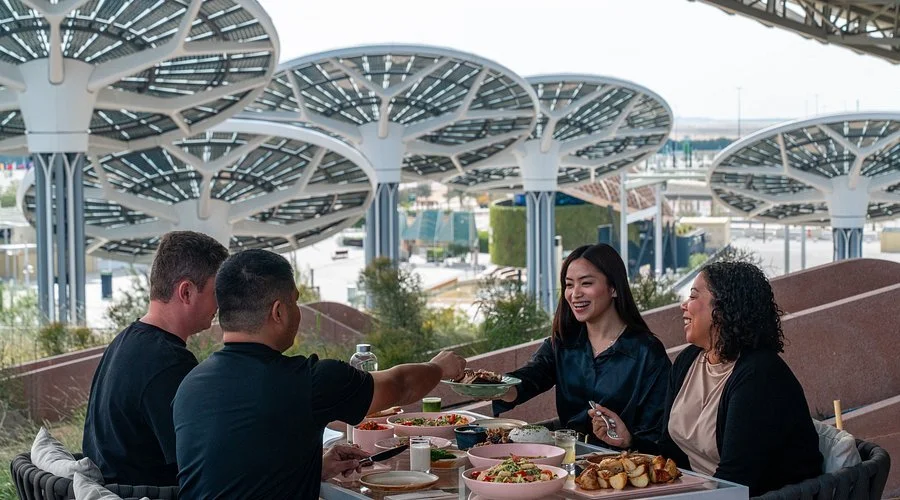
Dubai: Best Vegan Deals, Dishes & Restaurants You Can’t Skip This Veganuary
Veganuary in Dubai isn’t just a passing trend — it’s an invitation. An invitation to taste creativity, to discover indulgence, and to experience how plant‑based dining can be diverse, stylish, and world‑class. This January, the city’s kitchens are opening their doors to anyone ready to take the leap: to try vegan, to feel the difference, and to explore flavours that redefine what dining can be.
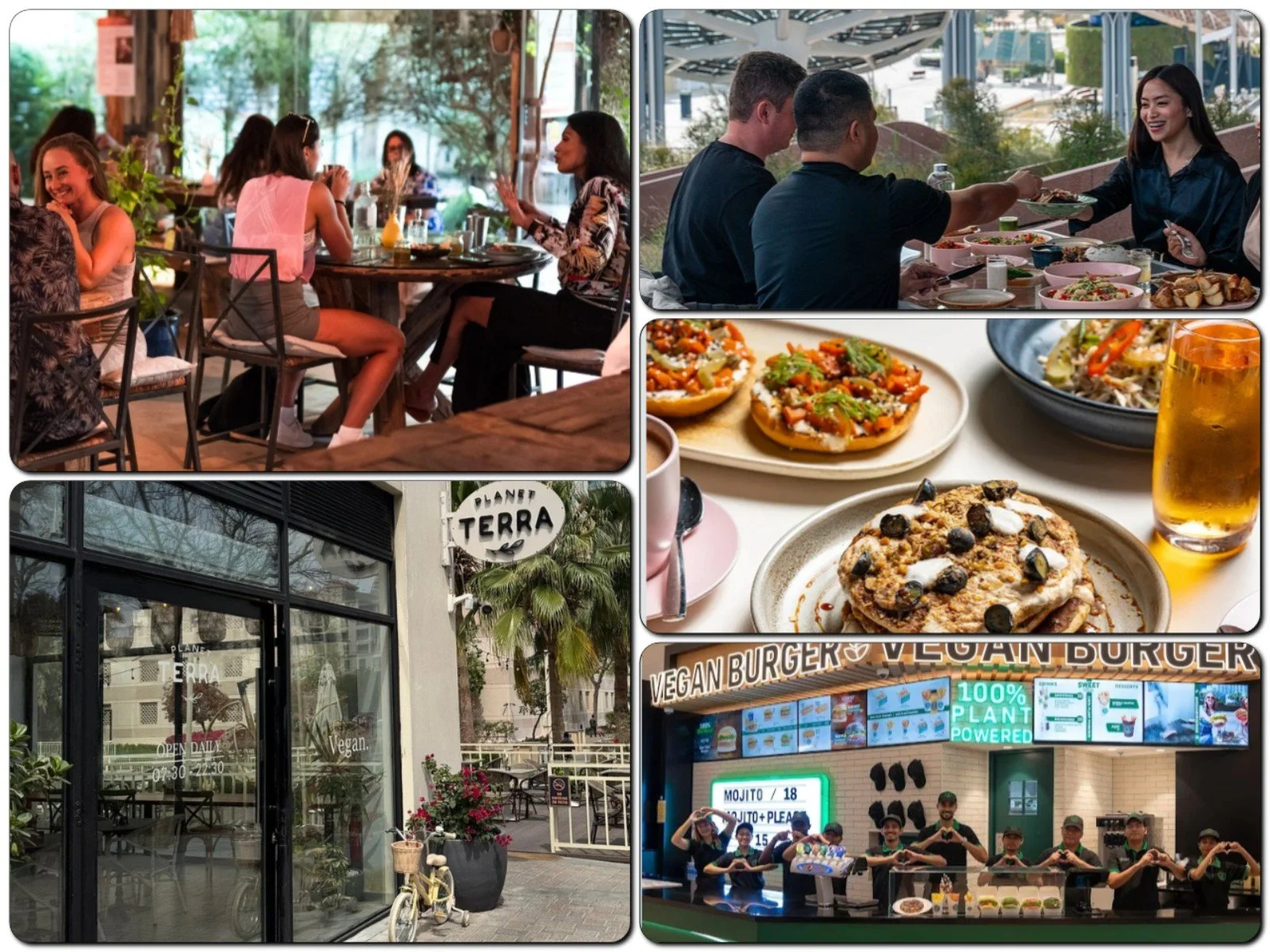
100% Vegan Restaurants in Dubai to Try in 2026
While many restaurants offer vegan options, only a handful in Dubai are fully vegan. In 2026, these dedicated venues cover the full spectrum of dining experiences, from indulgent fast food to wellness‑focused cafés and fine dining. This guide highlights their menus, atmospheres, and photos, showing how plant‑based dining in Dubai meets every occasion.

Algae, Lab‑Grown Meat, and Smarter Farms: Shaping the Future of Food in MENA
MENA is entering a moment of transformation, where food is increasingly connected to ideas of health, sustainability, and more mindful consumption. Across the region, new opportunities are opening up: Gulf states are channeling major investments into cultivated meat to meet protein demand ethically, North Africa is expanding aquaculture to deliver sustainable plant‑based protein and strengthen food security, and climate‑smart agriculture is already woven into national strategies. Together, these shifts point toward a future where innovation and responsibility redefine how the region grows and consumes food, creating systems that are efficient, climate‑conscious, and aligned with a vision of healthier diets.
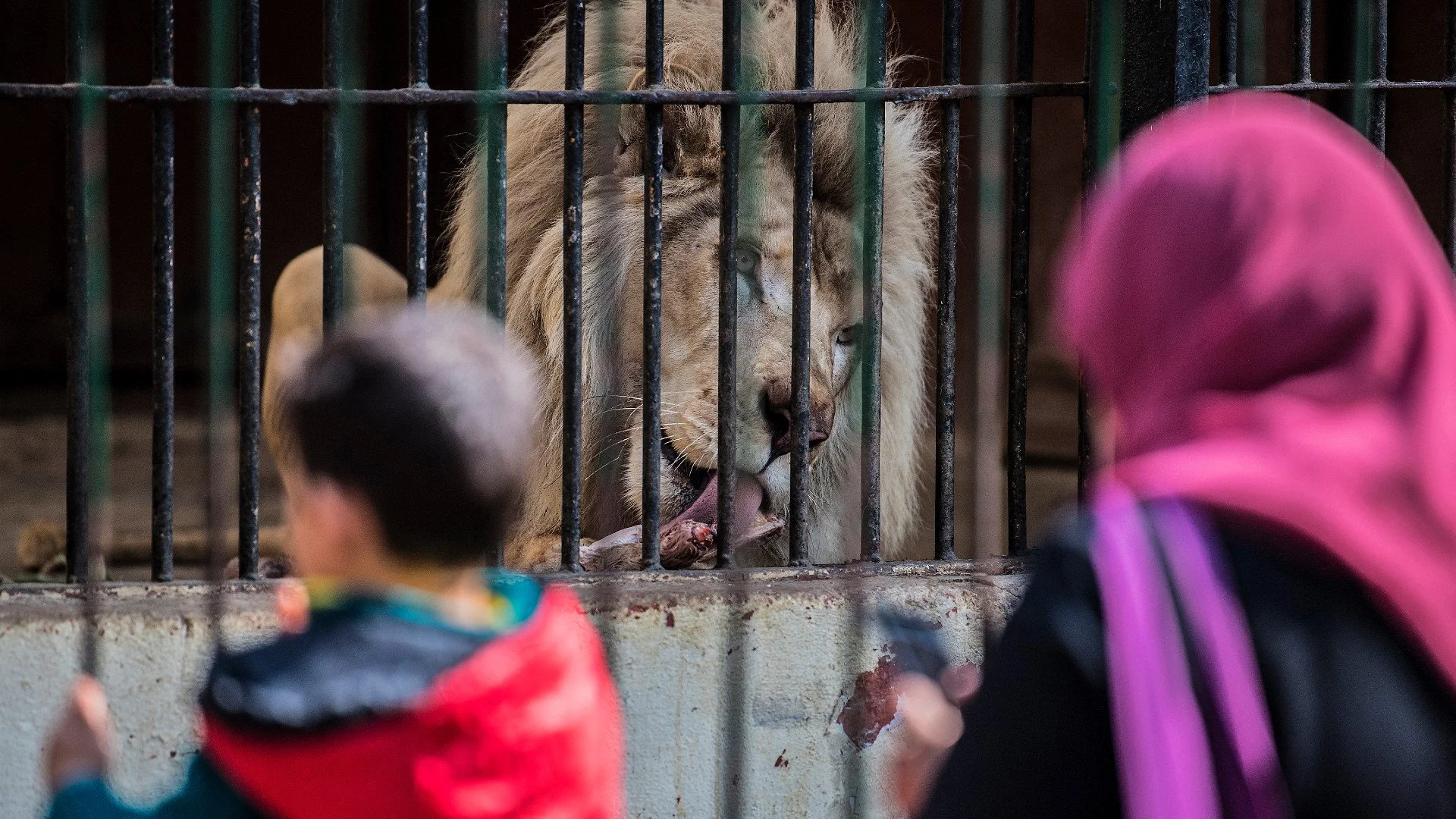
Reports of Distress and Alleged Killings Raise Concerns at Giza Zoo’s 2026 Reopening
Cairo’s Giza Zoo, undergoing extensive renovations and scheduled to reopen in 2026, is presented by authorities as a modern eco-tourism destination. At the same time, troubling reports during the renovation, including distressed animals, allegations of killings, and mishandling of carcasses, have drawn criticism and raised questions about animal welfare in captivity.
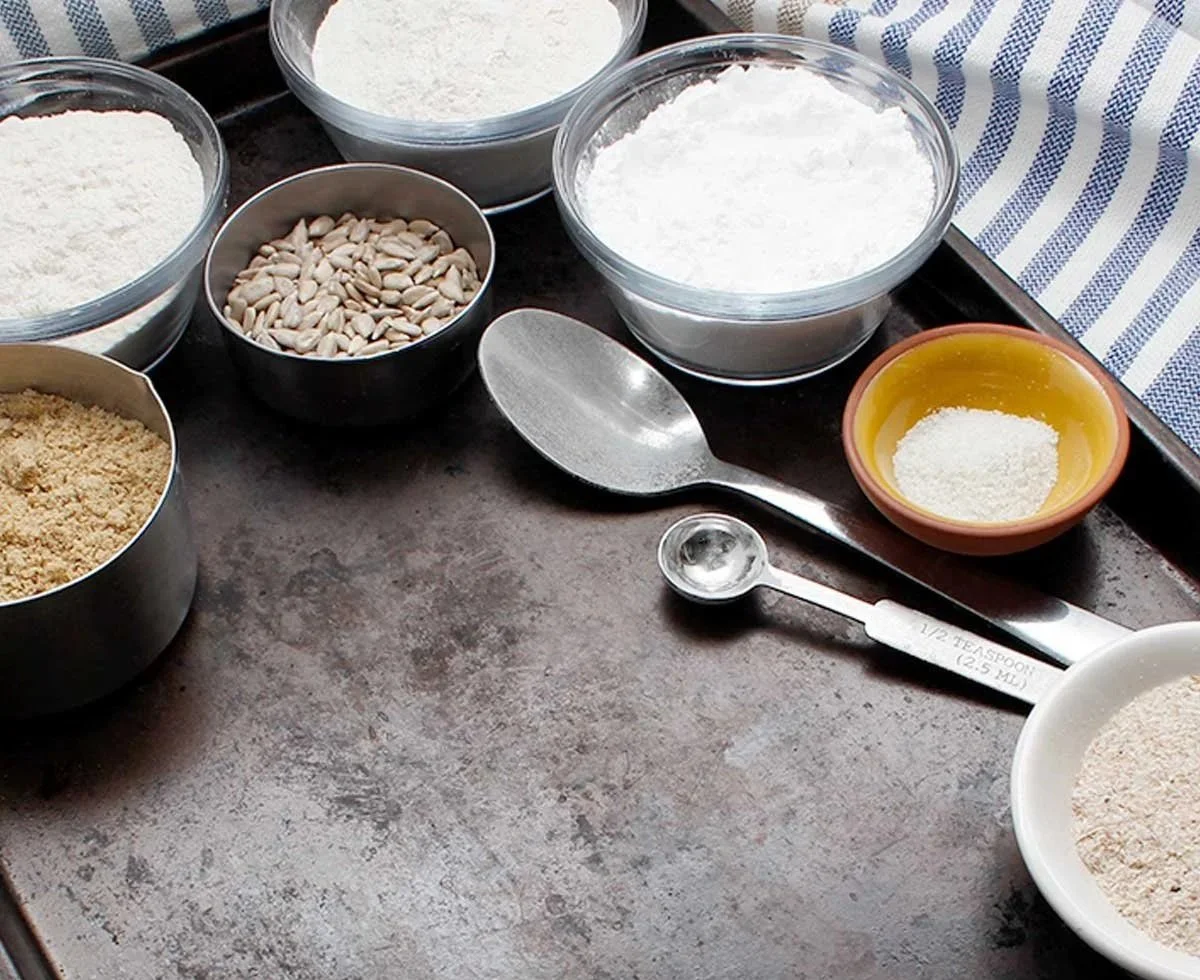
MEA Vegan Baking Ingredients Rise 66% by 2035, Egg Replacers at the Forefront
The vegan baking ingredients market in the Middle East & Africa (MEA) is forecast to expand from USD 25.5 million in 2025 to USD 42.3 million by 2035, marking a 65.9% increase at a CAGR of 5.2%. At the forefront of this expansion are egg replacers & binders, projected as the largest product type segment, reflecting how functional performance and formulation reliability are unlocking mainstream adoption across bakery applications.

Vegan Travel Dining: A New Era for Middle Eastern Flyers
Global tourism is evolving fast, and travelers increasingly want experiences that reflect their values, with food at the center of this shift. Vegan dining is no longer a niche request; it is becoming a standard expectation across airlines and cruise lines, blending cultural authenticity with ethical and health-conscious choices. In this article we explore what travelers can expect when choosing vegan options in the sky and at sea, highlighting airlines that are leading the way, sharing insights from the latest global guide, and offering practical tips for stress-free journeys tailored to Middle Eastern travelers.

Unseen Animal Suffering of the Season: Rethinking Holiday Joy
The holidays bring families together in search of festive activities. Children are on school break, parents look for ways to create joyful memories, and communities promote outings that promise discovery and entertainment. Zoos, aquariums, circuses, farm visits, animal rides, and even pet shops are marketed as wholesome experiences, places where children can “learn about animals,” enjoy a spectacle, or receive a “special gift.” Yet industries built on animal exploitation intensify their efforts during this season, carefully staging what looks like joy at the expense of animals’ wellbeing.

Surviving and Thriving During the Holiday Season as a Vegan in the Middle East
The holiday season across the Middle East is a time of warmth, family gatherings, and feast. It is also a season of social rituals: relatives surprising children with pets as gifts, families planning outings to zoos or animal shows, and communities gathering around traditions that often involve animals. For vegans, these moments can bring challenges: tables filled with traditional animal-based dishes, social expectations, and the occasional raised eyebrow. Yet this season doesn’t have to be about “survival.” With creativity, confidence, and compassion, it can become a time of joy, connection, and even advocacy.

